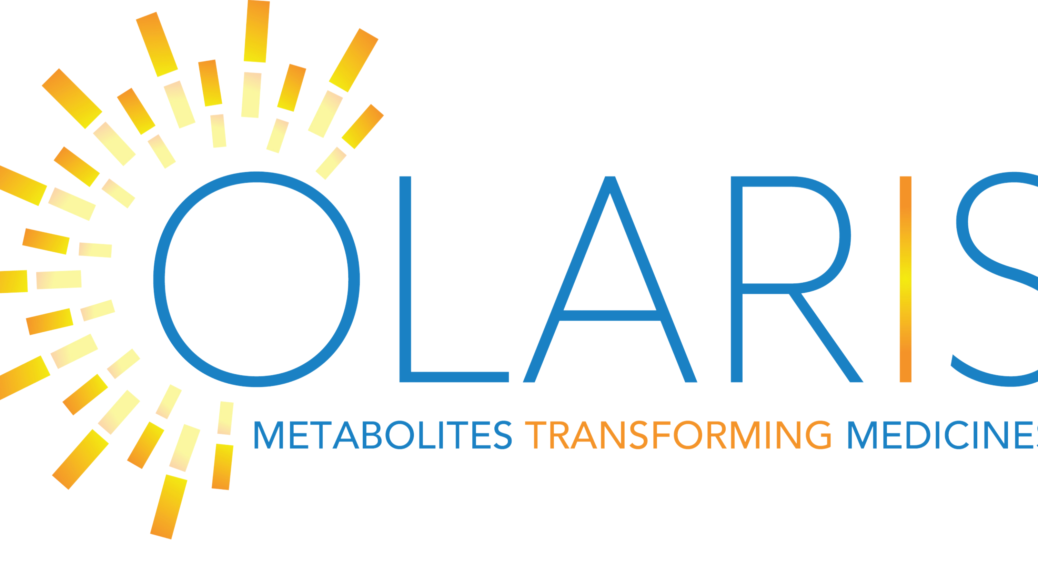
There is an urgent need to develop biomarkers for PD. Biomarkers may help in reaching an accurate diagnosis earlier, and ideally would allow monitoring of disease progression.” – Dr. Roy Alcalay, Chief of the Movement Disorders Division at Tel Aviv Sourasky Medical Center
FRAMINGHAM, Mass. (PRWEB)
February 14, 2022
Olaris, Inc, a precision medicine company leveraging metabolomics and machine learning for the discovery and development of Biomarkers of Response (BoRs) to optimize treatments and patient outcomes, has identified a metabolic signature within plasma that differentiates male patients with the LRRK2 heritable Parkinson’s Disease (PD) from male patients with no PD diagnosis.
Parkinson’s disease (PD) is a progressive neurodegenerative disease, causing loss of motor and nonmotor function. Approximately 60,000 people are diagnosed with PD in the United States each year, and 10 million are living with the disease globally. While many PD cases are idiopathic, heritable genetic risks have been identified, including mutations in the gene for LRRK2, a multidomain kinase with roles in autophagy, mitochondrial function, transcription, molecular structural integrity, the endo-lysosomal system, and the immune response. Diagnosis is based on clinical symptoms that do not develop until late in the disease progression, at which point the majority of the patients’ dopaminergic neurons are already destroyed. Currently a definitive diagnosis can only be made postmortem via brain autopsy, and analyses have revealed as many as 32% of patients are misdiagnosed. There is a critical need for early-stage confirmatory noninvasive diagnostic tools. A growing body of evidence has observed altered metabolite levels in PD patients, suggesting that metabolomics may hold promise for PD diagnostic tools.
In the study, Olaris identified a plasma metabolite signature that differentiated male patients with LRRK2 PD versus those that had no PD diagnosis. A machine learning model and Biomarker of Response (BoR) score was constructed based on a panel of the differential metabolites that classified male LRRK2 patients with 79.7% accuracy, 81.3% sensitivity, and 78.6% specificity. The score was only effective to classify male patients, indicating the importance of sex in disease diagnosis and progression. The high accuracy of the model for these patients suggests that Olaris’ ML-powered metabolomics platform can be utilized in larger patient cohorts towards the development of a non-invasive confirmatory diagnostic for PD.
“There is an urgent need to develop biomarkers for PD. Biomarkers may help in reaching an accurate diagnosis earlier, and ideally would allow monitoring of disease progression.” said Dr. Roy Alcalay, a co-author on the study and Chief of the Movement Disorders Division at Tel Aviv Sourasky Medical Center and Associate Professor at Columbia University.
Dr. Elizabeth O’Day, CEO and Founder of Olaris, added “Accurate and improved early diagnosis for PD and other neurodegenerative diseases is a critical need. It can end the diagnostic odyssey that too many patients experience and will empower future clinical trials and treatment options. We believe metabolomics will provide a key piece of the puzzle to bring better diagnostics and treatments forward. This is an exciting first step towards that goal.”
About Olaris
Olaris is working to fundamentally change how diseases are diagnosed and treated by leveraging our proprietary metabolomics and machine learning platform to identify Biomarker of Response (BoR) signatures. Olaris develops BoR in vitro diagnostics (IVDs) to empower patients, providers, and biopharma to pursue the most effective treatment. To learn more, visit http://www.olarisbor.com.
Share article on social media or email:

